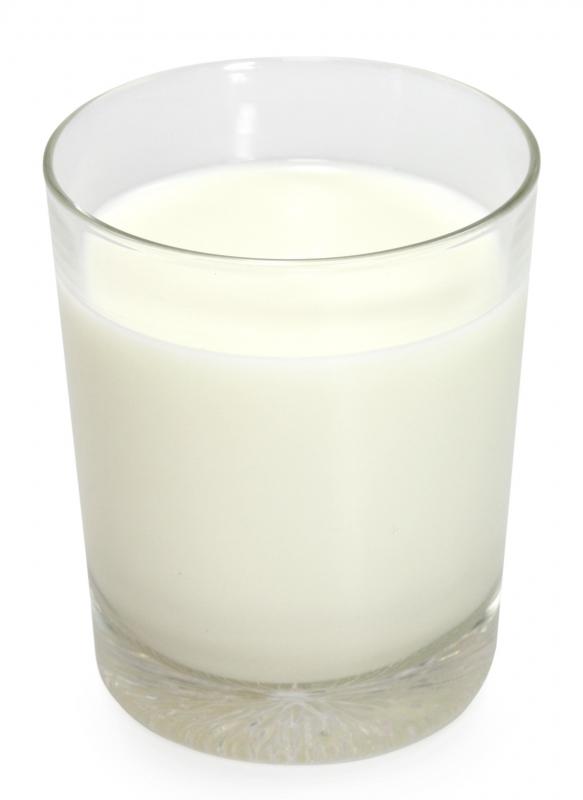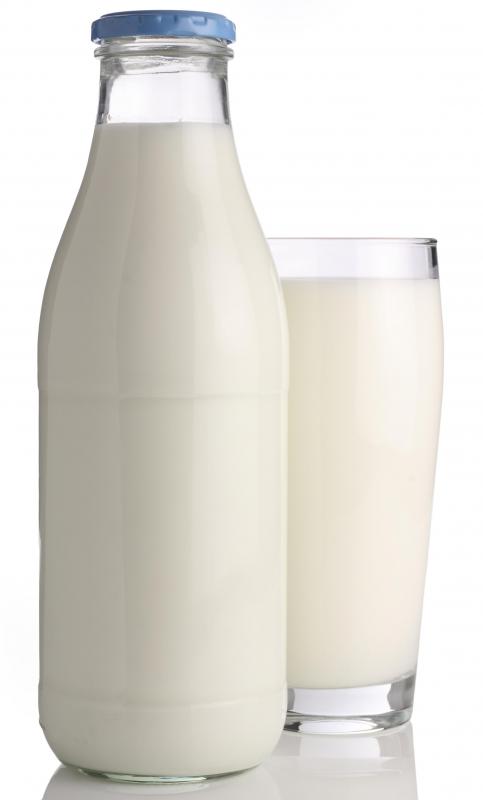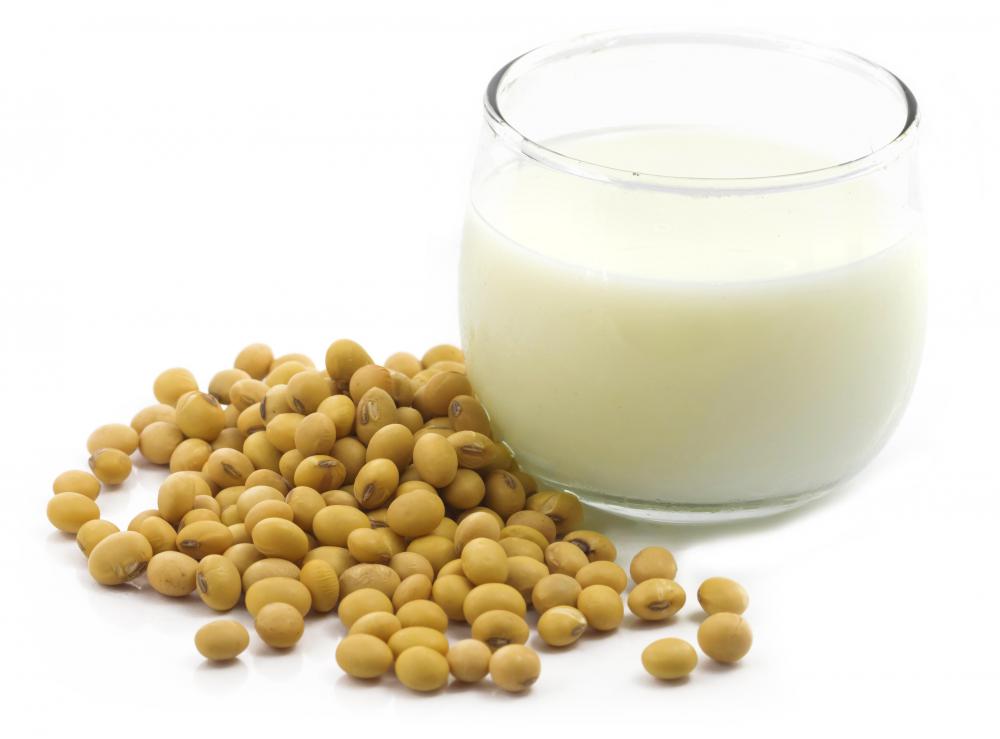At WiseGEEK, we're committed to delivering accurate, trustworthy information. Our expert-authored content is rigorously fact-checked and sourced from credible authorities. Discover how we uphold the highest standards in providing you with reliable knowledge.
How Do I Choose the Best Milk Substitute?
When choosing a milk substitute, it is important to consider your reasons for using a nondairy milk, the dietary requirements of the individuals who will be consuming the product, and your own preferences as to its taste. Other considerations include the availability of a particular type of milk substitute as well as its cost. If taste or compatibility with favorite recipes are your primary concerns, the best approach may be to purchase several different types of nondairy milks and to sample them both on their own and in cooking.
People use milk substitutes for a variety of reasons, including allergies, religious reasons, and ethical philosophies about food sources. Vegans, for example, do not consume dairy products or any other foodstuffs that are derived from animals. Those who follow kosher dietary laws may want to use milk substitutes in dishes that will be served with meat. Other people have intolerances or allergies to dairy products. It is important to read ingredient labels so as to make sure that the nondairy milk that you choose doesn't contain ingredients that would compromise your religious or ethical beliefs or that may trigger an allergy. Nut and soy milks, for example, are very popular and often easy to find in even mainstream supermarkets, but they may trigger allergies in some people.

Many people choose to use nondairy milks as an ingredient in cooking or as a beverage and may not rely on it as a primary source of nutrition. If you are concerned about nutrition and want to ensure that any milk substitute that you drink can provide needed nutrients, you should purchase a nondairy milk that is either naturally high in nutrients or has been fortified with additional vitamins and minerals. You may also wish to pay attention to the calorie count of any milk substitute that you drink. While unsweetened milks, such as almond milk, are often lower in calories than dairy milk, some milk substitutes contain a fair amount of sugar and may be higher in calories as a result. Never use a milk substitute as infant formula, as most nondairy milks lack both the calories and nutrients that a developing baby needs to survive.

When testing milk substitutes for drinking and cooking purposes, you may also want to try out different brands. Some brands may work better than others in recipes, and you may find that you enjoy the flavor of one brand over another as well. Finally, compare the cost of different milk substitutes. If money is a concern, take the cost of a milk substitute into consideration when choosing which brand to buy.
AS FEATURED ON:
AS FEATURED ON:















Discuss this Article
Post your comments